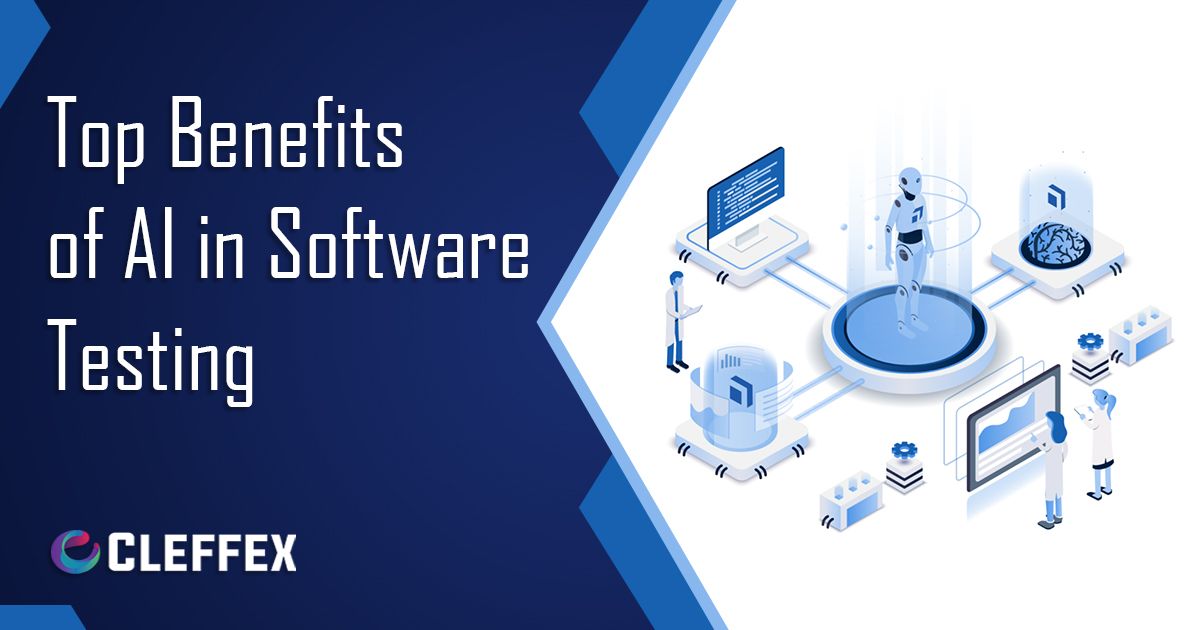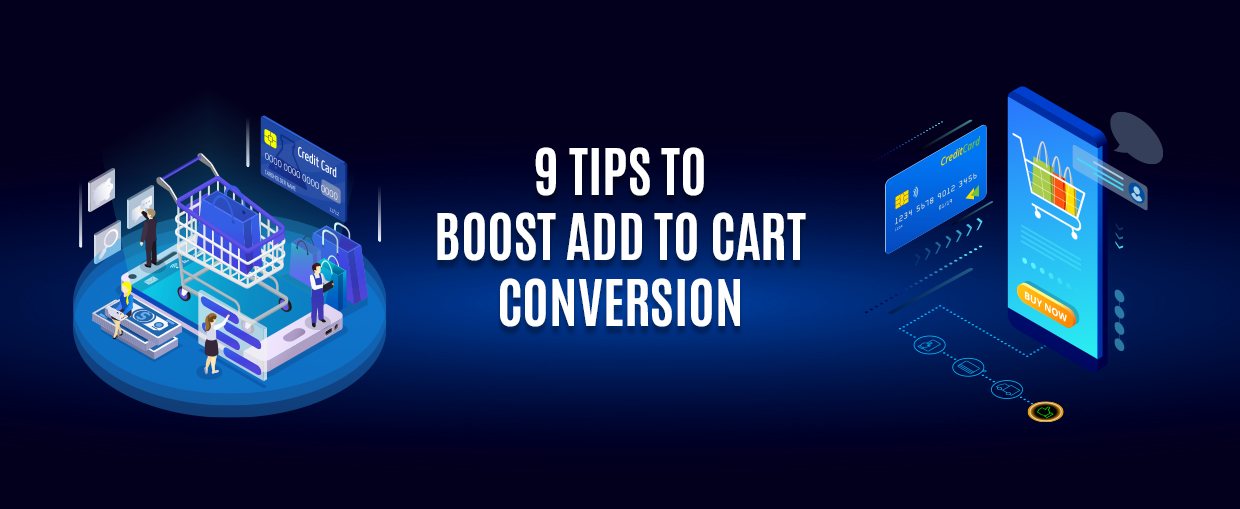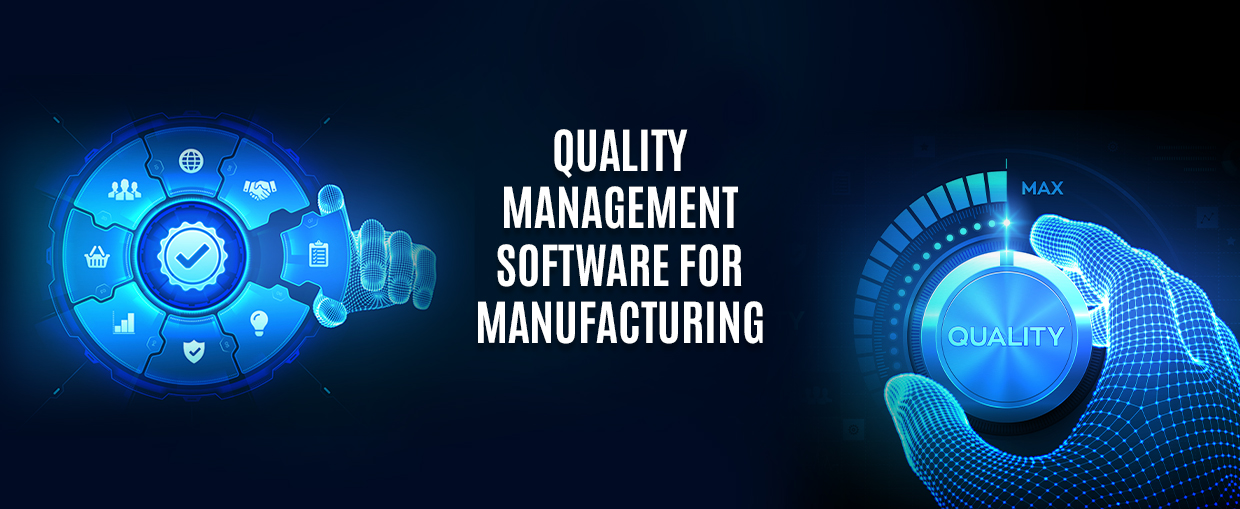These days, top software quality assurance providers integrate artificial intelligence (AI) into their domain specialization that gives a dramatic flair to it. Their creative and well-researched test cases in software testing are now aided by these futuristic software testing tools. Without the advent of AI in software testing, this would have been quite ineffective.
The effectiveness and efficiency of AI in software testing made the whole process smarter, faster, and better. Software quality assurance with the help of AI brought a crucial turning point that made these processes highly efficient, simplified, and time-saving to testers. It also safeguarded applications from major flaws by reducing the damage factor to the same.
We’ll be exploring the benefits of using AI in software quality assurance through this blog. Before that, let’s gain some more interesting knowledge.
CHANGING DYNAMICS OF SOFTWARE QUALITY ASSURANCE WITH AI
The convenience offered by AI-based software testing tools through automation is increasing because of the potential benefits it’s bringing to the table. AI-based software testing tools now aid in better decision-making and faster responses. AI in software testing also eases the execution of reiterated operations or test cases in software testing with enhanced accuracy levels and in minimal time.
WHY NEED AI IN SOFTWARE TESTING?
Software quality assurance is a draining process that affects resources and time. And the following reasons show why AI-based test cases in software testing and tools are essential.
- Need for an automated system with intelligent recognition of repetitive patterns for carrying out elaborated and more focused software quality assurance processes.
- Need to reduce resource consumption, and favor faster processes within less time can only be possible with AI in software testing
- Need for automating repetitive checks for test cases in software testing in a more efficient, and cost-effective way with minimal human effort
- Need for a combined approach of automated software testing tools along with human intelligence so that detection of application issues become more exceptional and innovative
- Need to make end-user software or products smarter and more productive using AI algorithms in software quality assurance
- Need for interaction with automation as it would be with real users for process optimizations using machine learning and deep learning algorithms
- Need for faster bug detection, reliability, and accuracy by using smart algorithms so that the learning curve of developers is further enhanced. As a result, AI-based software testing tools help refine products better
Now let’s explore what are the benefits of AI in software testing.
AI OFFERS THE FOLLOWING BENEFITS TO SOFTWARE QUALITY ASSURANCE
1. AI offers unwavering precision to repetitive test cases in software testing which is impossible even for the most seasoned tasters. While AI-based software testing tools perform automation, it gives testers more focus and time to design effective solutions and human-based reasoning activities.
2. AI-based software quality assurance offers increased real-time adaptability and reliability to testing scenarios, thereby minimizing test failures
3. AI in software testing offers comprehensive test coverage to ensure an application’s proper functioning. And this is why only automation can execute hundreds and thousands of tests in a single test run than manual testing. Test cases in software testing improve with AI due to the precision it offers across all its aspects, thereby helping test engineers.
AI-based software testing tools can recognize trends and patterns and analyze database activity in response to predicted results or events.
4. By employing pattern recognition and image recognition, AI in software testing can detect visual flaws and ensure that all visual components appear and operate properly.
5. Compared to time-consuming manual testing, AI-based software quality assurance is quicker and saves time. Unwanted rerun expenses for test cases in software testing and the additional human effort can also be saved, thereby benefiting testers.
6. Software testing tools that use AI can detect problems in a couple of seconds. Artificial intelligence is used to track and investigate bugs. By examining failure fingerprints in debugging logs, the automated software quality assurance techniques enable simple code fixes and the discovery of duplicate problems.
7. Automated test cases in software testing contribute to shorter development and testing cycles, resulting in faster product time to market.
8. Companies may use AI-based software testing tools to enhance a few problematic regression test tasks and utilize Machine Learning to produce test scripts.
9. AI can ensure consistency for various test cases in software testing and is unaffected by the human burnout syndrome to produce more reliable and accurate results.
10. Machine learning and artificial intelligence (AI) in software quality assurance provide a very flexible testing strategy, as well as knowledge collaborations between various documentation components. Their high adaptability aspect enables them to react to real-time changes with more reliability.
WHY ADOPT AI IN SOFTWARE TESTING?
As technology evolves, more companies are using agile and DevOps tactics for software quality assurance. However, as these techniques become more common, there is a greater need for strong software testing tools that enable continuous testing and deployment.
This is where artificial intelligence-powered, automated, software testing tools come into play. Repetitive tasks can be completed accurately, quickly, and efficiently by AI-driven software quality assurance, which helps the testers. Since AI-based test cases in software testing are applied widely, businesses can now conduct faster tests and produce more reliable products.
AI IN SOFTWARE TESTING: THE FINAL SAY
Despite the fact that AI cannot do software testing or software quality assurance without the aid of humans, it is currently capable of significantly enhancing testing efficiency. Pattern recognition enhances the flexibility and accuracy of test cases in software testing while machine learning allows computers to undertake jobs that formerly needed human labor. This allows us to devote more attention to the more creative areas of testing using AI-integrated software testing tools. In short, AI in software testing elevates automation to a new level, eliminating the need for testers to do repetitive activities.









